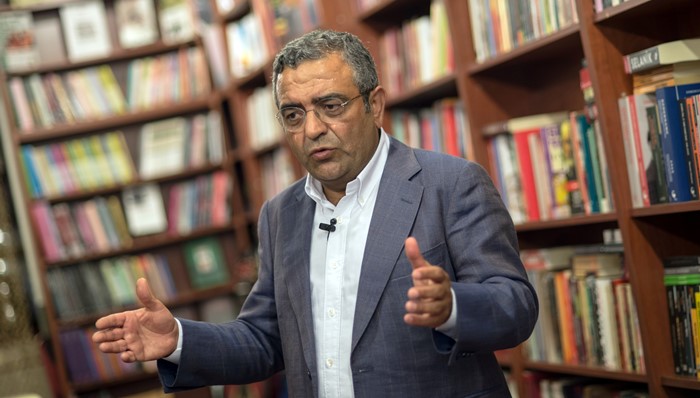At least 721 journalists were arrested in Turkey between 2002 and 2019, 93 of whom are still in prison, according to a report drafted by Sezgin Tanrıkulu, a deputy from Turkey’s main opposition Republican People’s Party (CHP) and a prominent human rights activist.
During same period 415,000 domains, 140,000 links, 42,000 tweets, 12,450 YouTube accounts, 7,200 Twitter accounts and 6,500 Facebook accounts were blocked by the government, the report also noted, the Stockholm Center for Freedom (SCF) reported.
While more than 10,000 journalists lost their jobs, various punitive measures in the form of access or advertising bans, broadcast or program suspensions and fines were taken against 158 media outlets and Internet sites, the report found.
In the first six months of 2020, at least 19 journalists, writers or publishers were sentenced to prison, while at least 16 were arrested and 52 were detained.
Commenting on the report, Tanrıkulu said: “While thousands of journalists who refused to give in to the ruling party were fired, others who are just trying to do their jobs have to deal with investigations, prosecutions, detentions, arrests and broadcast bans. Now lawyers rather than editors read the news first because of worries about prosecution.”
The Free Press Festival has been celebrated on July 24 since 1908, when a faction of the Ottoman military gained power against Sultan Abdulhamid II, ending his strict censorship of the Ottoman press.
According to the Reporters Without Borders’ (RSF) 2020 World Press Freedom Index in which Turkey was ranked 154th among 180 countries in terms of press freedom, Turkey is the world’s biggest jailer of professional journalists.
SCF has documented that 177 journalists are currently behind bars in Turkey, while 168 wanted on fabricated terrorism charges have been forced to live in exile.
The Turkish government has seized nearly 200 media outlets including the country’s largest daily as well as most popular TV networks since 2015.



